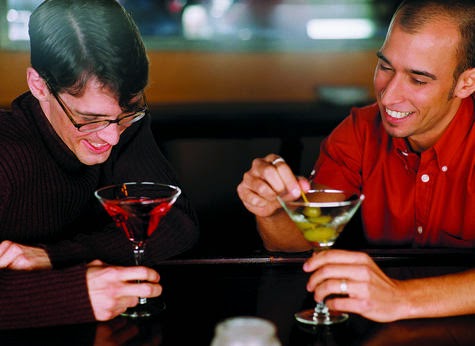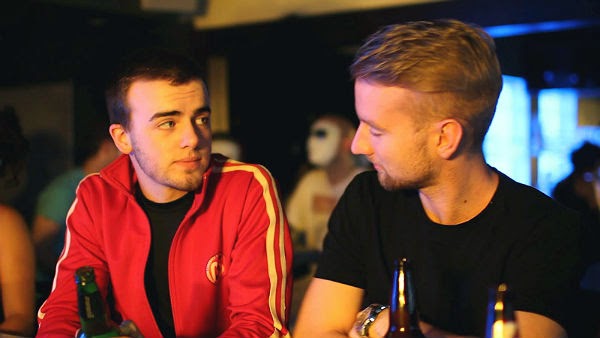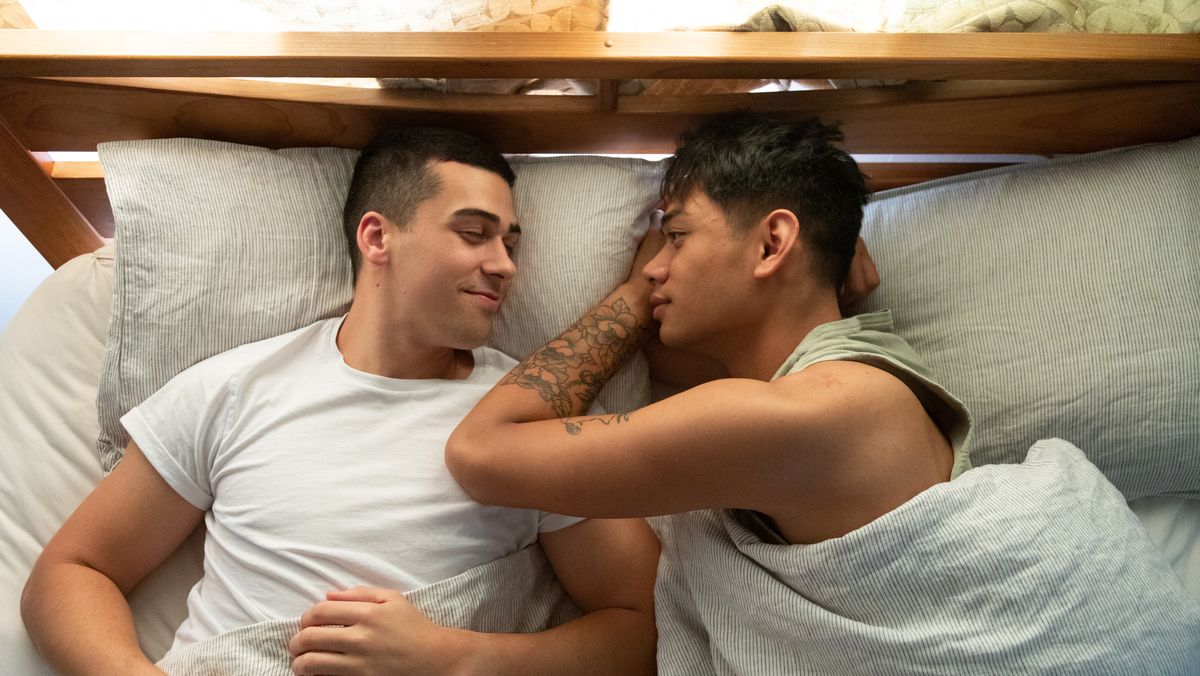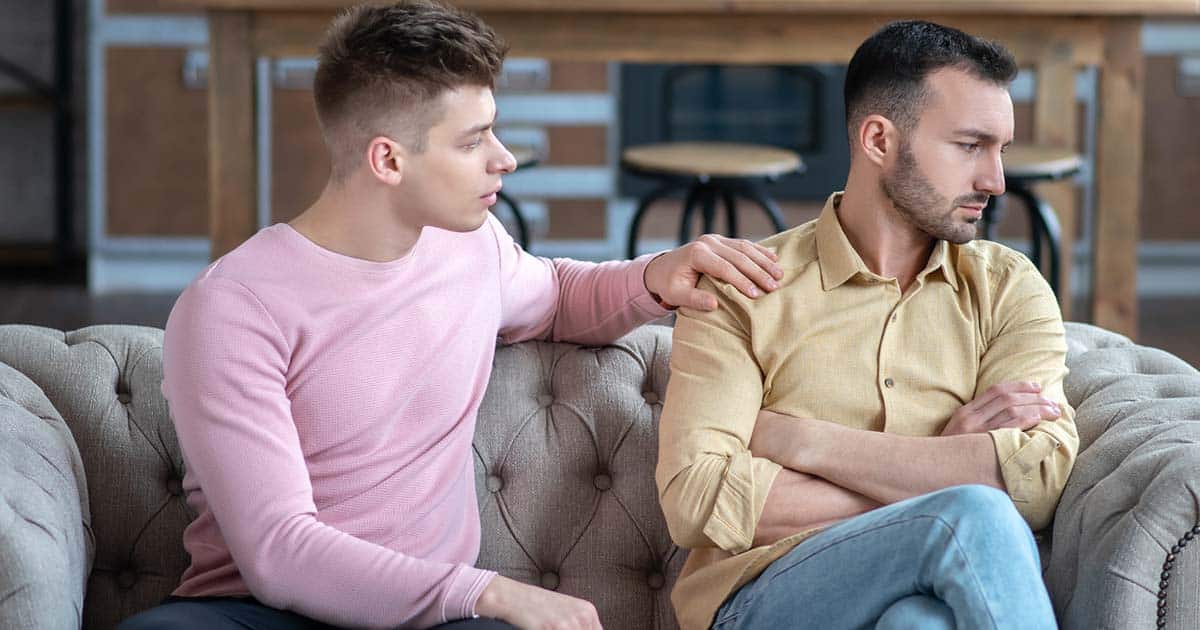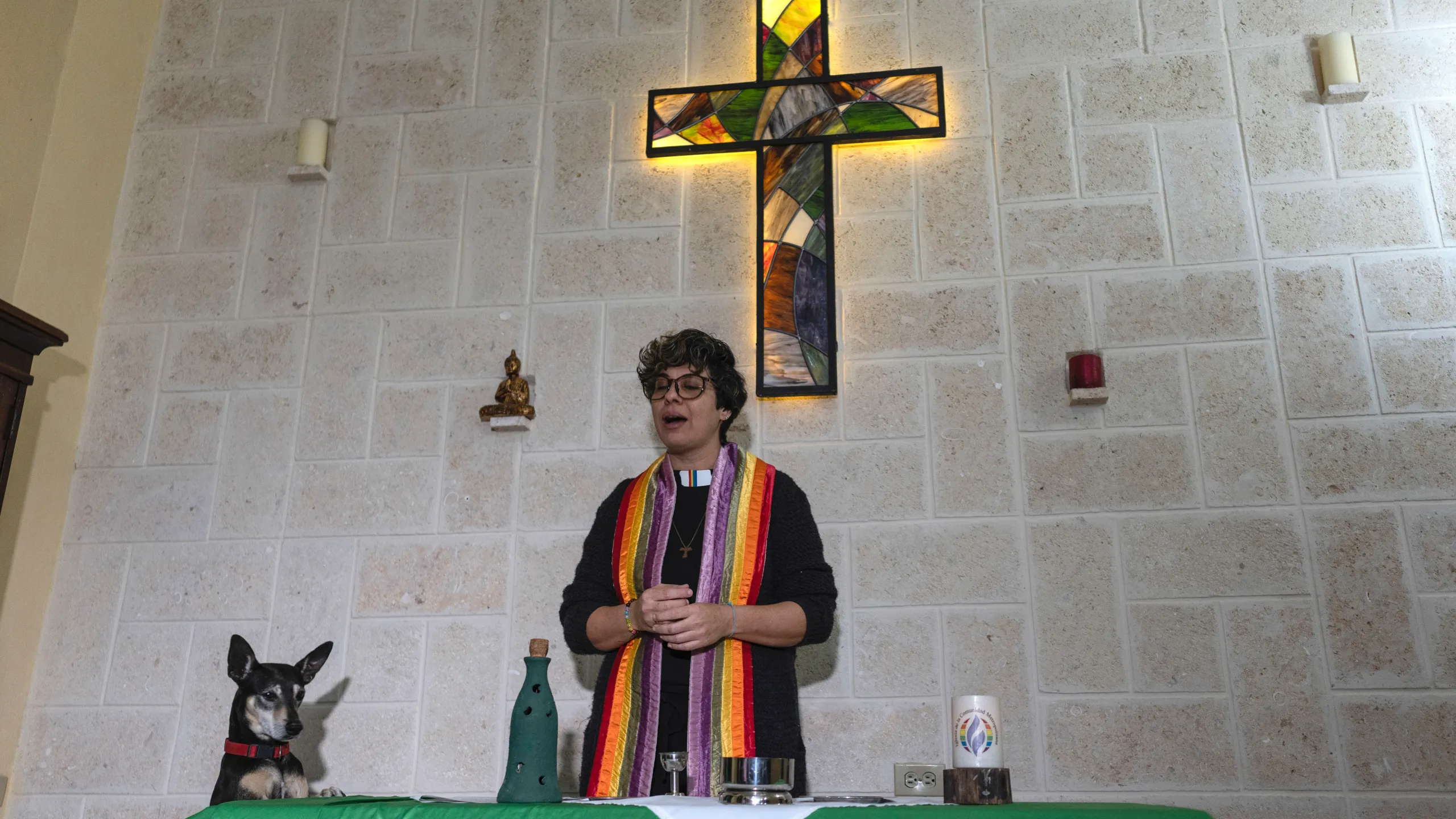The Struggle of Growing Up Gay in a Conservative Religious Family
Written by gaymennews • April 24, 2024
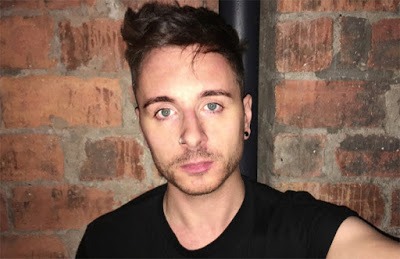
Growing up gay in a conservative religious family, grappling with my sexuality was a journey fraught with challenges, conflicts, and ultimately, self-discovery. The realization that I was different, that my attractions did not align with the heteronormative expectations of my faith and family, filled me with a profound sense of fear and isolation. I spent […]
Growing up gay in a conservative religious family, grappling with my sexuality was a journey fraught with challenges, conflicts, and ultimately, self-discovery. The realization that I was different, that my attractions did not align with the heteronormative expectations of my faith and family, filled me with a profound sense of fear and isolation. I spent countless nights lying awake, praying for God to change me, to make me “normal” in the eyes of my parents and our religious community. The weight of carrying this secret, of hiding my authentic self, was a burden that consumed my teenage years.
Coming Out: A Moment of Truth and Fear
I vividly remember the moment I finally found the courage to come out to my parents. With trembling hands and a racing heart, I sat them down, my voice shaking as I uttered the words, “Mom, Dad, I’m gay.” The silence that followed was deafening, their expressions a mix of shock, confusion, and disappointment. In that instant, my deepest fears seemed to materialize before my eyes—the fear of rejection, of being disowned, of losing the love and support of the people who meant the world to me.
What followed was a painful conversation, filled with tears and accusations. My parents, steeped in the teachings of our conservative church, struggled to reconcile their love for me with their belief that homosexuality was a sin. They pleaded with me to change, to seek help, to pray away my “unnatural” desires. The weight of their words, laden with the conviction of their faith, cut deep into my already fragile sense of self-worth.
Reconciling Faith and Identity
In the weeks and months that followed, I found myself caught in a web of internal conflict, torn between my undeniable identity as a gay man and the religious doctrine that had shaped my upbringing. I pored over the Bible, desperate to find passages that would validate my existence, that would prove to my parents and myself that being gay and being a person of faith were not mutually exclusive. Yet, for every affirming interpretation I discovered, there were countless more that seemed to condemn me to a life of sin and depravity.
The strain on my relationship with my parents was palpable. Our once warm and loving interactions became strained, marked by awkward silences and unspoken disappointments. I longed for their acceptance, for their unwavering support, but I knew that their deeply ingrained religious beliefs posed a formidable barrier. The fear of being sent to conversion therapy, of being subjected to psychologically damaging attempts to “cure” my sexuality, loomed large in my mind.
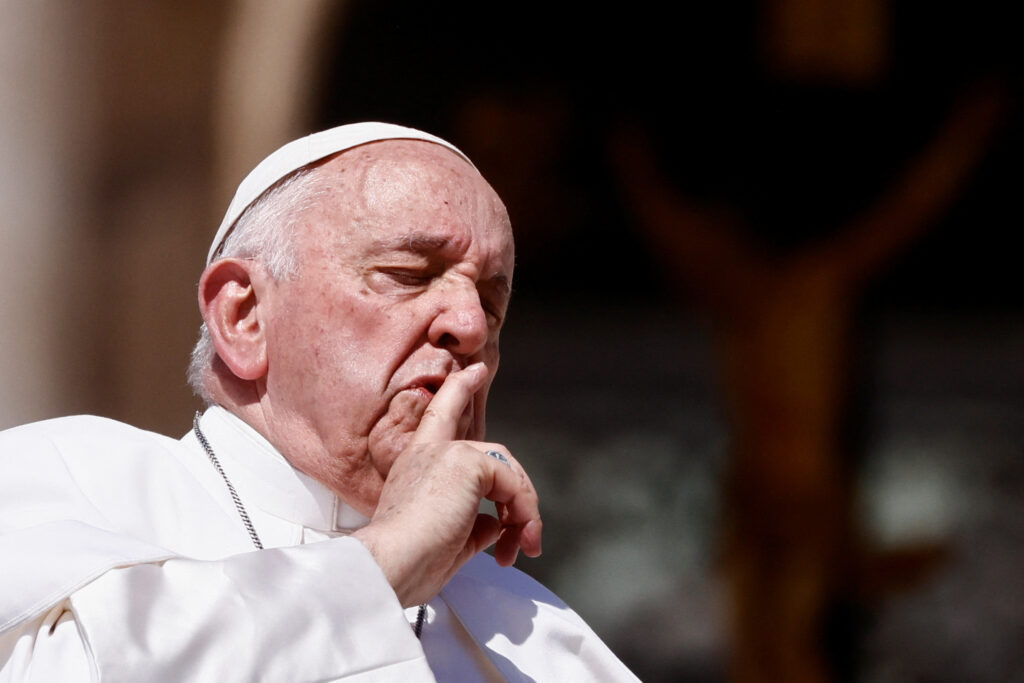
Finding Solace in Community
As I navigated this tumultuous landscape, I found solace in the LGBTQ+ community, in the stories of others who had walked similar paths. Through online forums and local support groups, I connected with individuals who understood the unique challenges of reconciling faith and sexuality. Their experiences, their resilience in the face of rejection and adversity, served as a beacon of hope in my darkest moments.
Slowly but surely, I began to embrace my identity, to shed the layers of shame and self-doubt that had long shrouded my authentic self. I sought out affirming churches, faith communities that celebrated diversity and preached a message of love and inclusion. In these sacred spaces, I found a renewed sense of spirituality, one that allowed me to embrace both my faith and my identity as a gay man.
The Ongoing Journey of Acceptance
Yet, the road to self-acceptance was not without its obstacles. The specter of family rejection continued to haunt me, as my parents grappled with their own deeply held beliefs. There were moments of progress, glimmers of hope when they would express their love for me, regardless of their struggles to fully understand and accept my sexuality. But there were also setbacks, painful conversations that reopened old wounds and tested the limits of our bond.
Through it all, I clung to the power of authenticity, to the knowledge that living my truth was the only path to genuine happiness and fulfillment. I found strength in the love and support of my chosen family—the friends, partners, and LGBTQ+ allies who stood by my side, who celebrated my victories and comforted me in my moments of doubt.

A Message of Hope and Encouragement
To those who find themselves navigating the complex intersection of faith, family, and sexuality, I offer these words of encouragement: You are not alone. Your identity is valid, your love is sacred, and your existence is a testament to the beautiful diversity of human experience. The path to self-acceptance may be marked by challenges and setbacks, but know that there is a vibrant community ready to embrace you, to support you, and to remind you of your inherent worth.
As I reflect on my own journey, I am filled with a profound sense of gratitude—for the strength I have found within myself, for the unwavering support of my chosen family, and for the opportunity to live authentically, even in the face of adversity. To my parents, I extend a message of love and understanding, recognizing that their own journey towards acceptance is a deeply personal one, shaped by the beliefs and experiences that have defined their lives.
Embracing Authenticity and Inspiring Change
In sharing my story, I hope to inspire others to embrace their truth, to find solace in the knowledge that they are not alone, and to continue fighting for a world where love and acceptance triumph over fear and prejudice. For it is through our collective stories, our shared struggles and triumphs, that we forge a path towards a more inclusive, compassionate society—one that celebrates the beautiful tapestry of human diversity in all its forms.
To those who are still grappling with the complexities of faith and sexuality, know that there are resources available to support you. Organizations like The Trevor Project and PFLAG offer invaluable support and guidance for LGBTQ+ individuals and their families. Remember, your mental health and well-being are paramount, and seeking help is a sign of strength, not weakness.
A Call to Love and Solidarity
As I continue on my own journey of self-discovery and acceptance, I hold fast to the belief that love, in all its forms, is a gift to be cherished and celebrated. May we all find the courage to live authentically, to love fearlessly, and to stand in solidarity with one another, as we work towards a world where every individual, regardless of their sexual orientation or faith, can find acceptance, belonging, and joy.
This story has been edited to protect an anonymous submission
